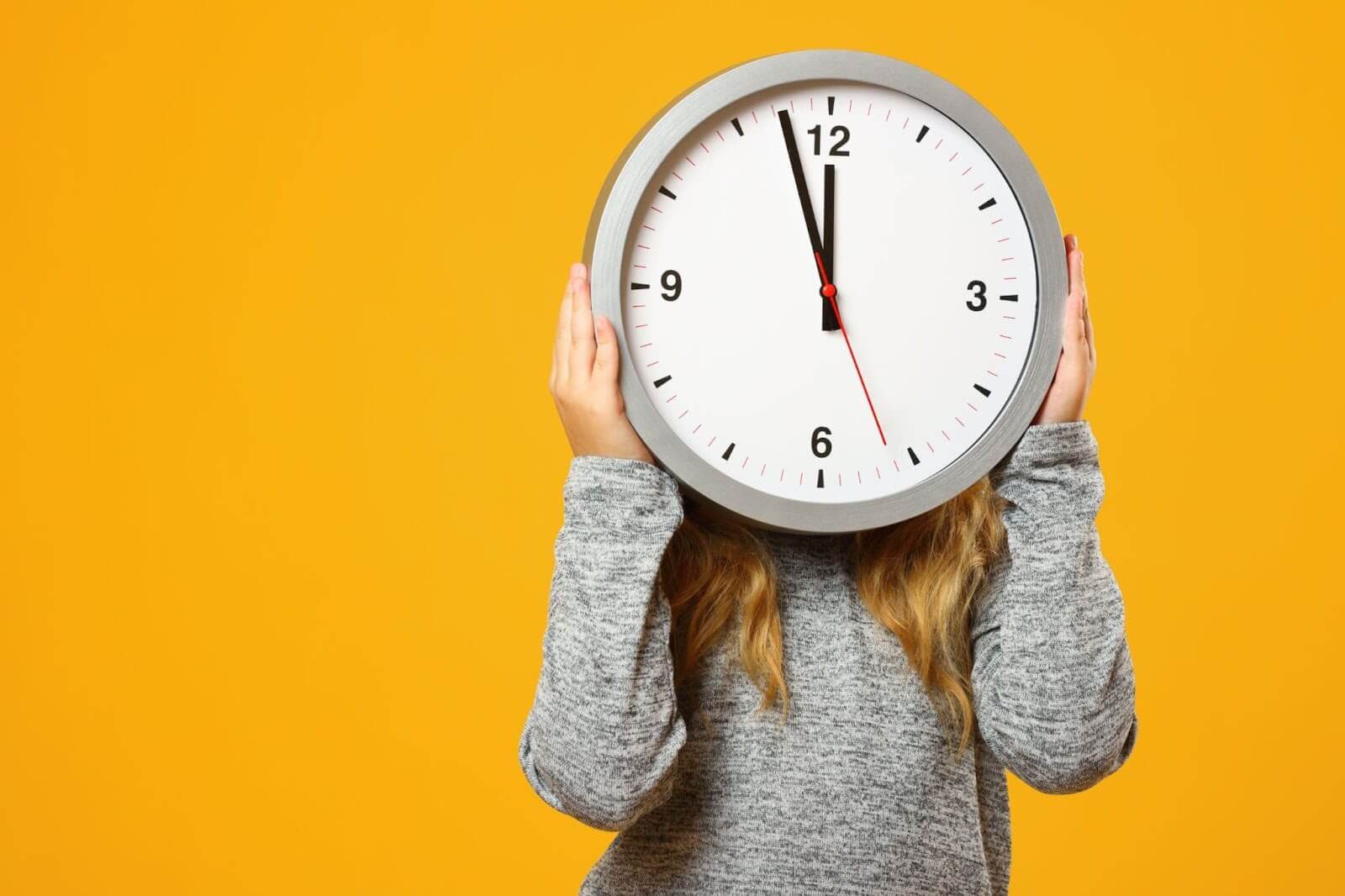Here are some great eco-friendly organizing tips that everyone could use in their home:
While decluttering the kitchen, clear the clutter from the top of your refrigerator. Piled up cereal boxes or kitchenware prevents heat from venting properly, whch makes the fridge use extra energy. Cleaning the coils on the back of the fridge and the grill underneath will also reduce the energy your fridge needs to work properly.
Remove furniture, objects and piles of clutter away from radiators and other heat sources. This way heaters can warm you and not your things.
Reduce waste by slitting a sponge to contain worn-down soap slivers. A little water will create great suds. Or, fill old nylons with your soap slivers for the same effect.
Styrofoam peanuts are non-biodegradable. When sending a care package, bag some popped popcorn as substitute filler and as an extra treat.
Reduce the use of plastic, wax, and foil wrapping by using reusable sandwich containers and organic cotton lunch bags.
Empty tissue boxes can be used to hold plastic bags. They can be stuffed easily through the top slit and retrieved as needed. The cardboard tubes from your toilet tissue or paper towel rolls can be used the same way.
Replace dry cleaning bags and plastic garment bags with refashioned old pillow cases. Cut a slit in the closed side of the case to slip the hanger through.
Cover your broom bristle with old nylons to sweep dusty areas. The nylon will pick up dust bunnies instead of scattering them.
Reuse plastic coffee lids under cooking oils and other messy containers. Discard the coffee lids when needed and save on cabinet cleaning.
Drawers from an old dresser can be used as under the bed storage. Added casters will allow drawers to slide easily in and out from under the bed.
Try these alternates for gift wrapping: old sheet music, colorful magazine pictures, newspaper comics, scraps of fabric, scarves, and old maps.
Reuse glass jars and other containers for grouping and containing miscellaneous items throughout the house: pens, buttons, spare change, stamps, etc.
Reuse the reply envelopes you get from solicitations for your own outgoing mail. Just cover up the pre-printed address with a label.
Avoid the temptation to throw out paper with the trash. Make sure you’ve got an adequate bin for paper recycling set up where you open your mail, by your computer and anywhere else you handle paperwork.
Check Earth911.com before assuming your used items need to be discarded. Chances are they can be recycled at a nearby location. Earth911.com will search resources within your zip code. Batteries, CD’s, VHS tape, computer ink, crayons, and old pillows are just a few of the items accepted for recycling.
Sometimes the best way to reduce is to not purchase at all. Make it easier to refrain from impulse shopping by leaving your credit card at home. Keep lists of what you need and plan shopping trips with a sense of purpose. Studies have shown that idling or browsing in stores results in extra spending.
When you do shop, group your errands in a single trip, to reduce the amount of driving needed. Cars pollute more when they start cold because catalytic converters which reduce tailpipe emissions don’t kick in until cars are warmed up. Therefore, one trip out for all your errands is better than several short trips.
Many professional organizers prefer plastic storage bins over cardboard boxes because cardboard attracts vermin and is susceptible to moisture damage. This is true. But, be mindful of your plastic use. Plastic is generally bad for the environment because it’s produced from petroleum (crude oil), and doesn’t break down in a landfill. However, some plastics are recyclable and preferable over plastics that can’t be recycled. When looking for plastic bins and containers, try to pick those labeled with the number 1 or 2 in the chasing arrows. These plastics are the mostly easily recycled.
Schedule a day or evening to cook as many hot meals for the week at once that you can put in the oven. This will save on time and energy costs. Reheating meals in the microwave is more energy efficient than reheating meals in the stove.
If you’re reorganizing a home office, library, or other room in which you’ll be studying or reading, set up desks, chairs and tables by a window which receives ample daylight. This will reduce the need to turn on overhead light for greater periods of time.
Make a list of important birthdays and occasions. When you’re buying birthday or greeting cards, spend a few minutes to find a bunch you like and buy them all at once. The will save you time and gas running out to buy cards for every occasion. Or better yet, make your own cards using recycled paper.
Maid Brigade House Cleaning Services cares about the health of you and your family. For more information on healthy green living and green cleaning, please log on to greencleancertified.com or maidbrigade.com. For more information on “Household Cleaning Products and Breast Cancer”, please watch our video at greencleancertified.com/greentv.


